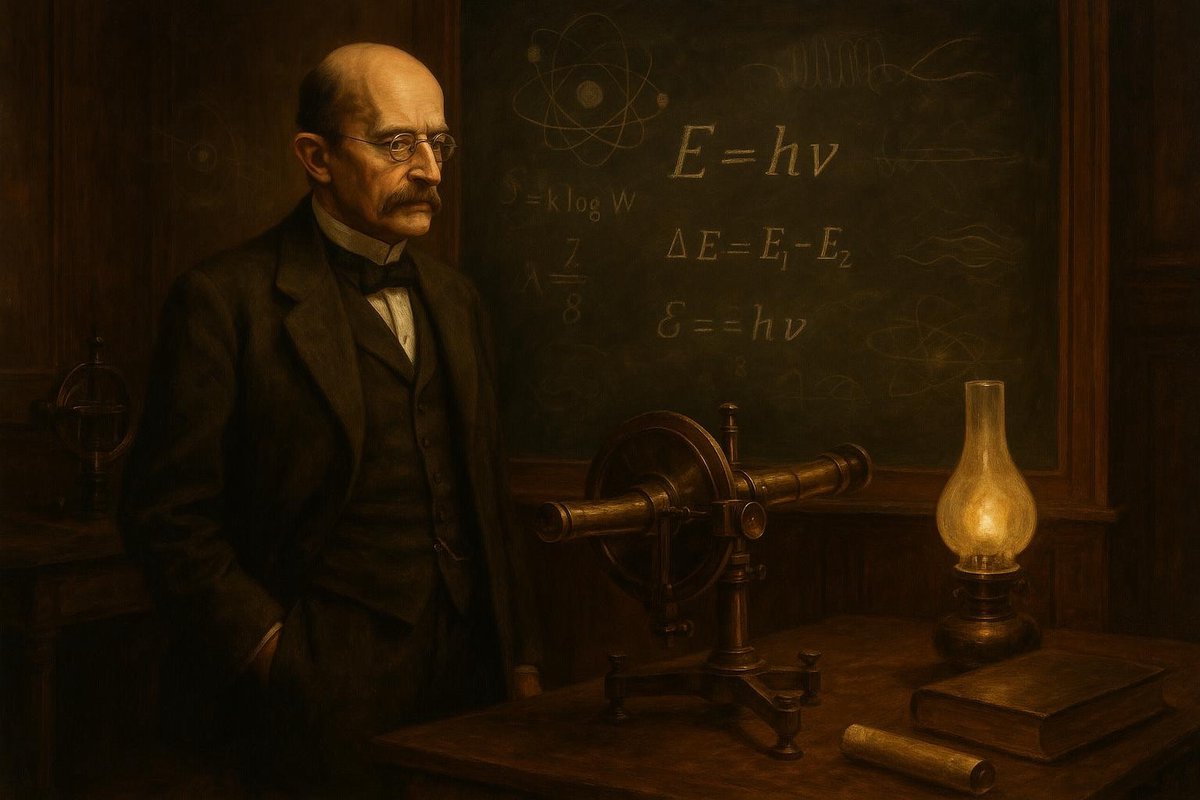
In the dawn of the 20th century, the world of physics was on the brink of a paradigm shift. Classical mechanics, once the reigning framework for understanding the universe, began to falter when faced with the peculiarities of the atomic and subatomic realms. Enter Max Planck, a physicist whose revolutionary ideas laid the groundwork for the development of quantum mechanics. His introduction of quantized energy levels in 1900 sparked a scientific revolution, redefining how we comprehend the intricacies of the universe.
The Limitations of Classical Mechanics
Before delving into Planck’s contributions, it is essential to understand why classical mechanics began to crumble.
- Classical theories, pioneered by Newton, worked well for macroscopic objects and predictable systems.
- However, they failed to accurately describe phenomena at the atomic scale, such as blackbody radiation.
- Experiments were revealing discrepancies between theoretical predictions and observed results.
Interestingly, many scientists of the era clung to the belief that classical physics could be stretched to cover these mysteries. But as time went on, it became evident that a new framework was necessary. The peculiar behavior of light and its interaction with matter could no longer be comprehended through classical lenses. This is where Planck’s idea of quantization entered the stage, providing a fresh perspective that addressed these inconsistencies.
Max Planck’s Revolutionary Idea
Max Planck, in his quest to resolve the ultraviolet catastrophe in blackbody radiation, proposed a groundbreaking concept.
- He introduced the idea that energy is quantized, existing in discrete packets called quanta.
- This notion contradicted the longstanding belief in continuous energy distribution.
- The quantization of energy led to Planck’s constant, a fundamental constant in physics.
No wonder many considered this a radical departure from classical thought. Planck’s formulation, initially a mere theoretical construct, gained empirical support and eventually led to a profound shift in scientific understanding. It challenged the notion of deterministic predictability, which had been embraced since the Enlightenment, and opened the door to probabilistic interpretations of nature.
The Birth of Quantum Mechanics
Planck’s quantization was the cornerstone for further advancements in quantum theory.
- His work inspired pioneering scientists like Albert Einstein, Niels Bohr, and Erwin Schrödinger.
- The concept of quantization became central to the development of atomic models.
- Quantum mechanics provided explanations for phenomena such as electron orbits and energy levels in atoms.
Of course, the implications of Planck’s hypothesis extended beyond theoretical physics. It laid the groundwork for technologies such as semiconductors and lasers, which transformed industries and everyday life. The shift from a deterministic to a probabilistic understanding of the universe marked a significant intellectual turning point, akin to moving from a monochromatic to a vibrant, multicolored view of reality.
Planck’s Legacy in the Scientific Community
The impact of Planck’s theories resonates within the scientific community even today.
- His ideas reshaped the curricula of physics education worldwide.
- Quantum theory has become a fundamental component of modern scientific research.
- Planck is celebrated as a visionary who dared to challenge established norms.
Interestingly, many people believe that without Planck’s contribution, our technological landscape would look drastically different. His breakthroughs stimulated discussions that united physicists across the globe, sparking collaborations and innovations that continue to evolve. As physicists delve deeper into quantum theory, Planck’s influence persists, guiding new generations of scientists in unraveling the nuances of the natural world.
In conclusion, Max Planck’s introduction of quantized energy levels was not just a theoretical advancement; it was a seismic shift in our understanding of the universe. His ideas have not only survived but flourished, forming the bedrock of quantum mechanics and influencing countless scientific and technological innovations. The echoes of Planck’s work remind us of the power of innovative thought in shaping the future of science.
Fuel Someone Else’s Curiosity
If you found this exploration of Max Planck’s revolutionary contributions to physics intriguing, consider sharing it with friends and colleagues. Understanding the history of scientific breakthroughs enriches our appreciation of the world around us. Spread the curiosity, and who knows? You might just inspire the next Max Planck!

Leave a Reply